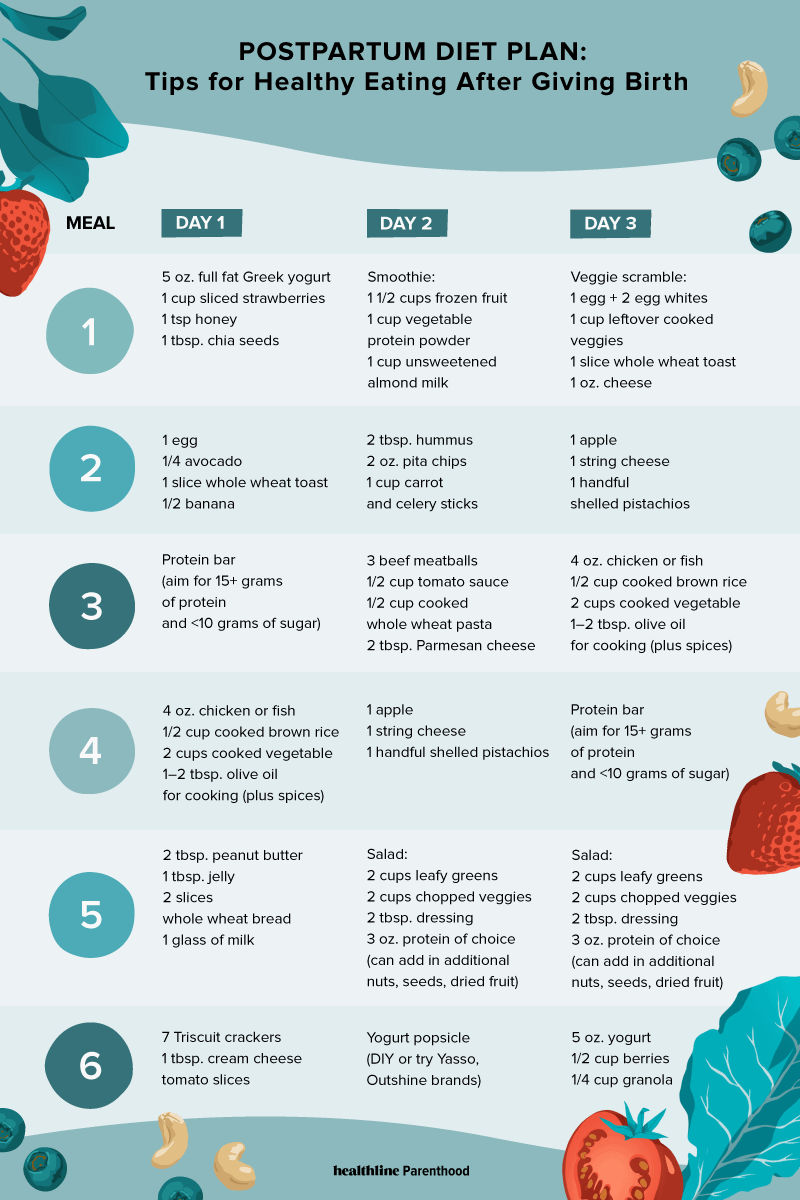
After-Diet Pregnancy: Navigating the Postpartum Journey with a History of Weight Loss
Introduction
Pregnancy is a transformative experience that can significantly impact a woman’s body and health. For women who have undergone weight loss prior to conception, the postpartum period presents unique challenges and considerations. After-diet pregnancy refers to the period following childbirth for women who have previously lost a significant amount of weight. This article explores the specific challenges and considerations associated with after-diet pregnancy, providing evidence-based guidance and support for women navigating this journey.
Physiological Adaptations
After-diet pregnancy poses several physiological adaptations that women should be aware of.
- Hormonal Changes: Weight loss can disrupt hormonal balance, affecting the production of estrogen and progesterone. These hormonal changes can impact fertility, pregnancy outcomes, and postpartum recovery.
- Nutrient Deficiencies: Restrictive diets can lead to nutrient deficiencies, which can have detrimental effects on fetal development and maternal health.
- Metabolic Changes: Weight loss can alter metabolic pathways, affecting glucose tolerance and insulin sensitivity. These changes can impact pregnancy-related complications such as gestational diabetes.
- Bone Density: Rapid weight loss can decrease bone density, increasing the risk of osteoporosis and fractures. This is particularly concerning during pregnancy, when calcium demands are high.
Nutritional Considerations
Proper nutrition is crucial for both the mother and baby during after-diet pregnancy.
- Calorie Intake: Women who have lost weight before pregnancy may need to increase their calorie intake to support fetal growth and postpartum recovery.
- Nutrient-Rich Foods: Focus on consuming nutrient-rich foods from all food groups, including fruits, vegetables, whole grains, lean protein, and healthy fats.
- Hydration: Stay well-hydrated by drinking plenty of fluids, especially water.
- Prenatal Vitamins: Continue taking prenatal vitamins to ensure adequate nutrient intake.
Physical Activity
Physical activity is an important part of a healthy pregnancy, but it should be approached cautiously after weight loss.
- Gradual Increase: Start with low-impact activities and gradually increase intensity and duration as tolerated.
- Listen to Your Body: Pay attention to your body’s signals and rest when needed.
- Avoid Overexertion: Avoid activities that are too strenuous or cause pain.
Mental Health
After-diet pregnancy can also impact mental health.
- Body Image Concerns: Women may experience body image concerns related to weight gain during pregnancy.
- Anxiety and Depression: The postpartum period can be a time of increased anxiety and depression, especially for women with a history of weight loss.
- Seeking Support: It is important to seek support from family, friends, or a therapist if experiencing mental health challenges.
Medical Management
Regular medical care is essential for women with after-diet pregnancies.
- Prenatal Care: Attend all prenatal appointments to monitor pregnancy progress and address any concerns.
- Postpartum Care: Continue with postpartum checkups to monitor recovery and provide support.
- Weight Monitoring: Discuss weight gain and management strategies with your healthcare provider.
Tips for a Healthy After-Diet Pregnancy
- Prioritize nutrient-rich foods and adequate calorie intake.
- Engage in gradual and safe physical activity.
- Address body image concerns and seek support when needed.
- Attend all prenatal and postpartum appointments.
- Communicate openly with your healthcare provider about any concerns or challenges.
- Remember that every pregnancy is unique, and there is no "perfect" way to manage after-diet pregnancy.
Conclusion
After-diet pregnancy requires careful consideration and management to ensure the health and well-being of both the mother and baby. By understanding the physiological adaptations, nutritional considerations, physical activity guidelines, mental health concerns, and medical management associated with after-diet pregnancy, women can navigate this journey with confidence and support. Remember that open communication with healthcare providers, a focus on healthy habits, and a supportive environment are key to a successful after-diet pregnancy.